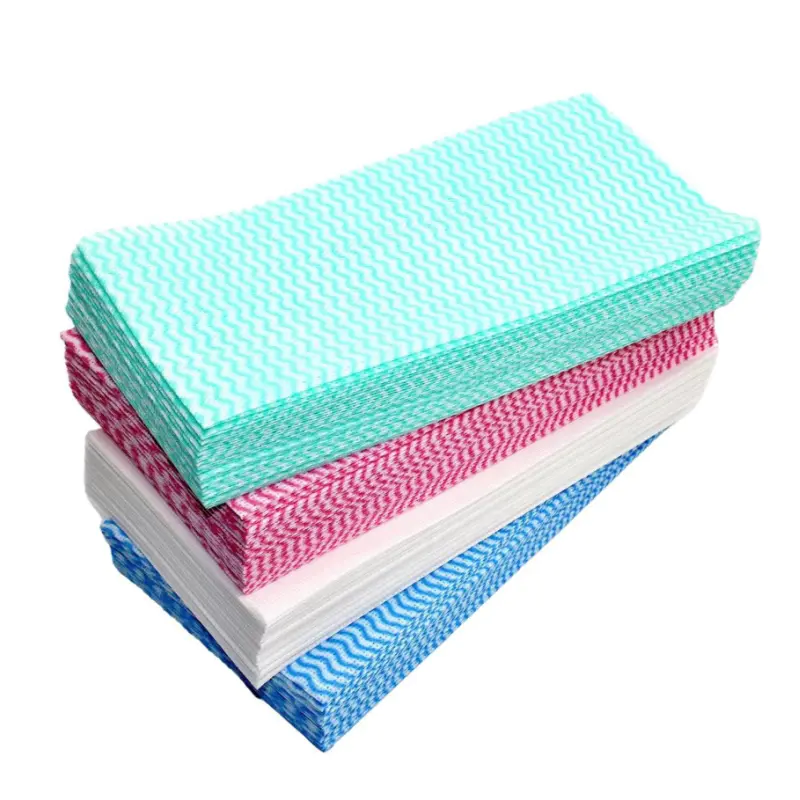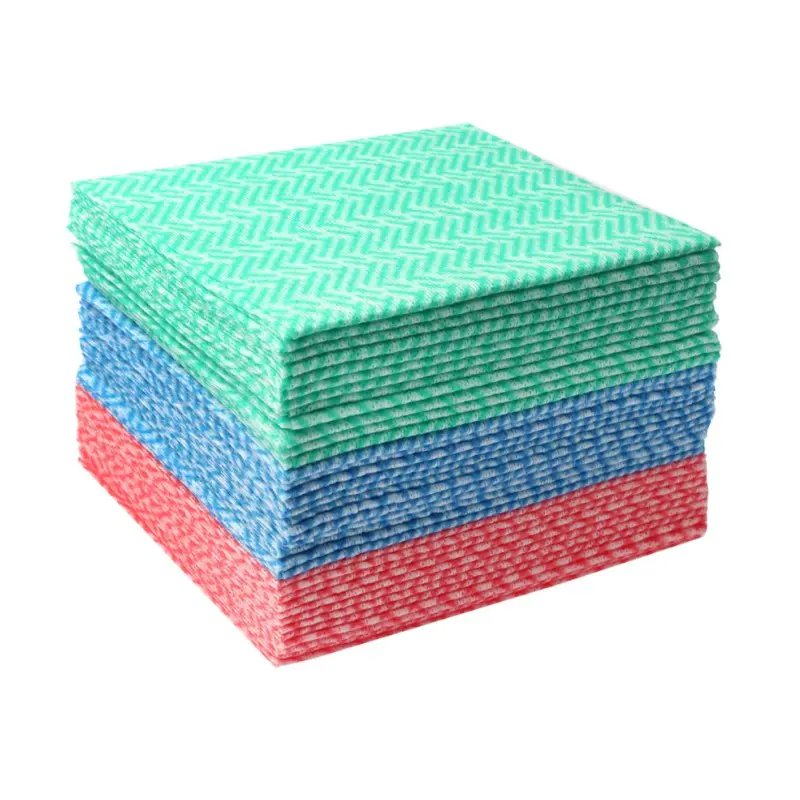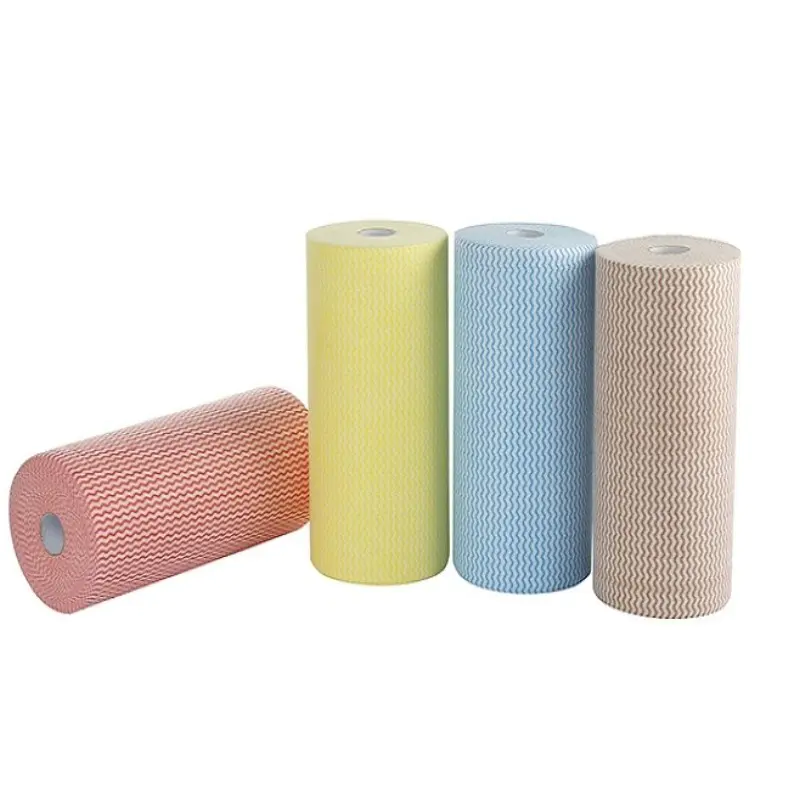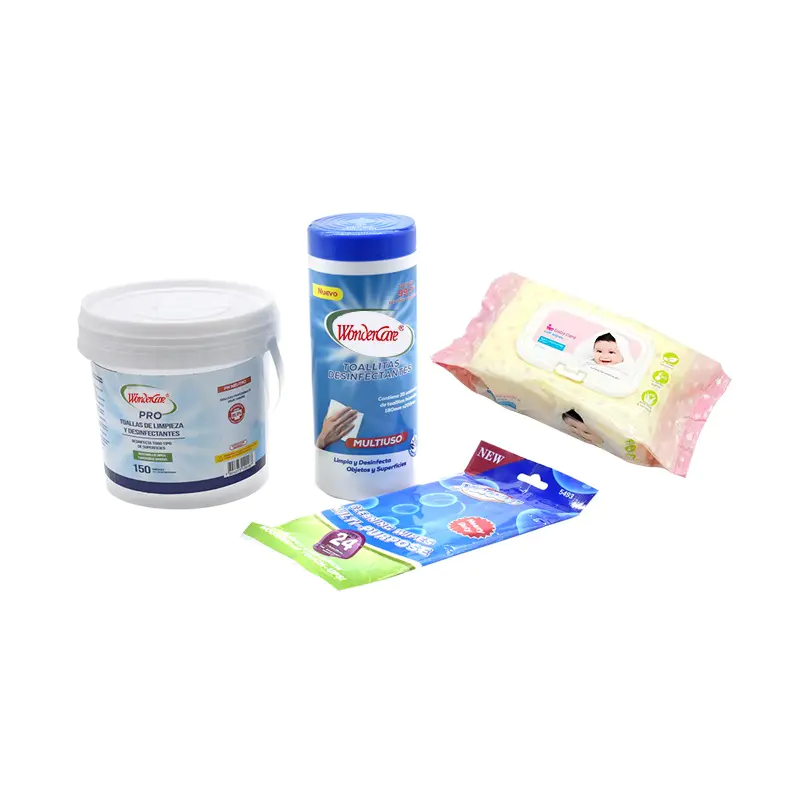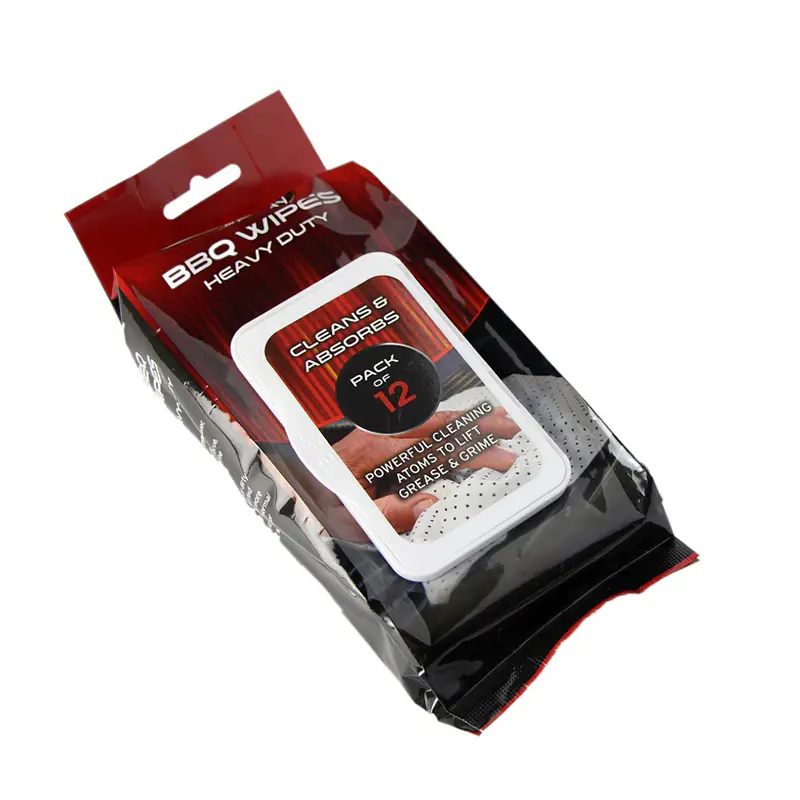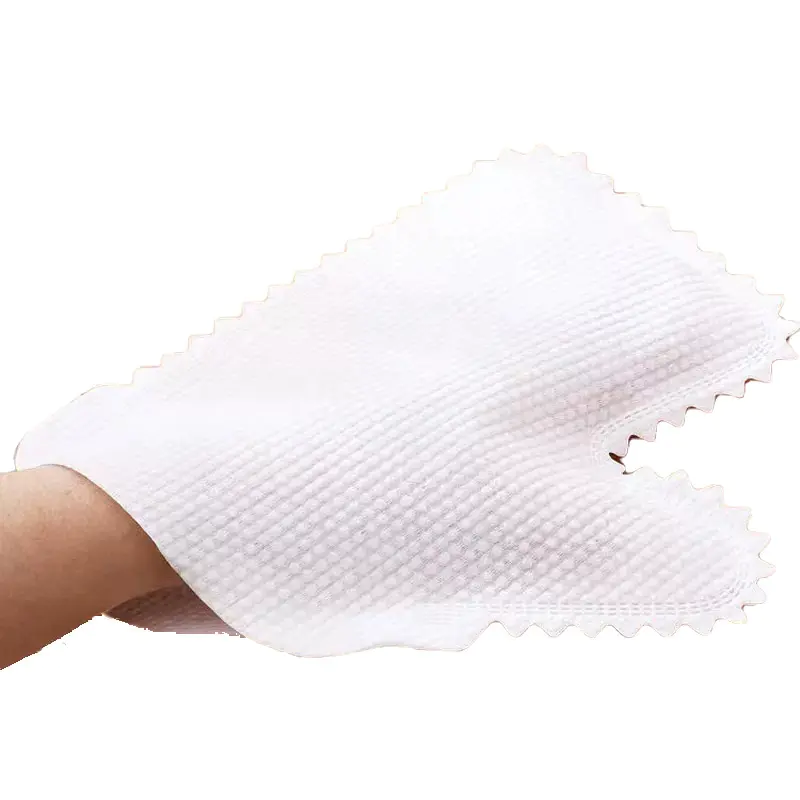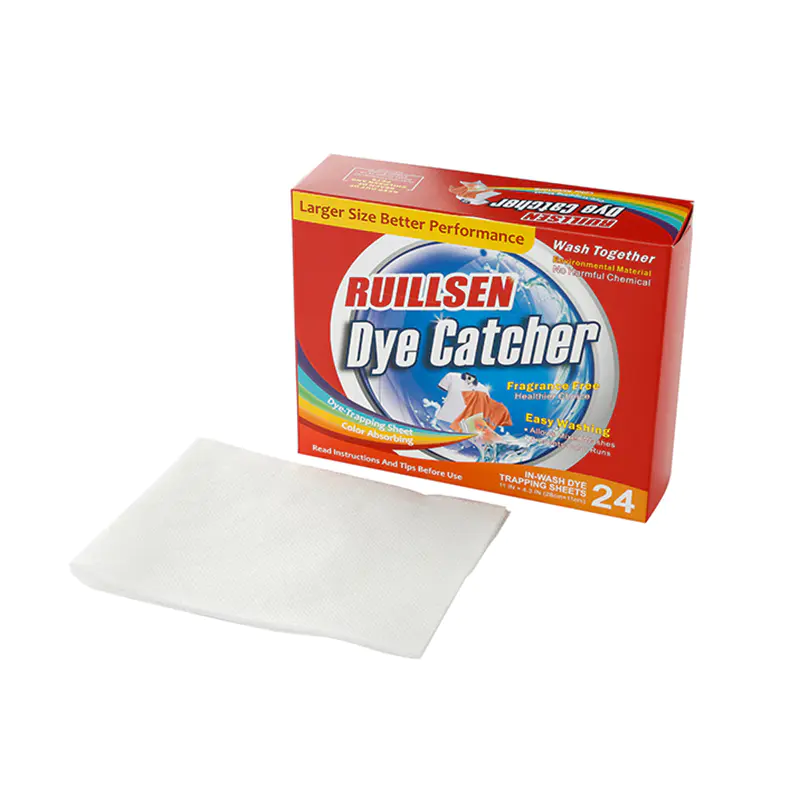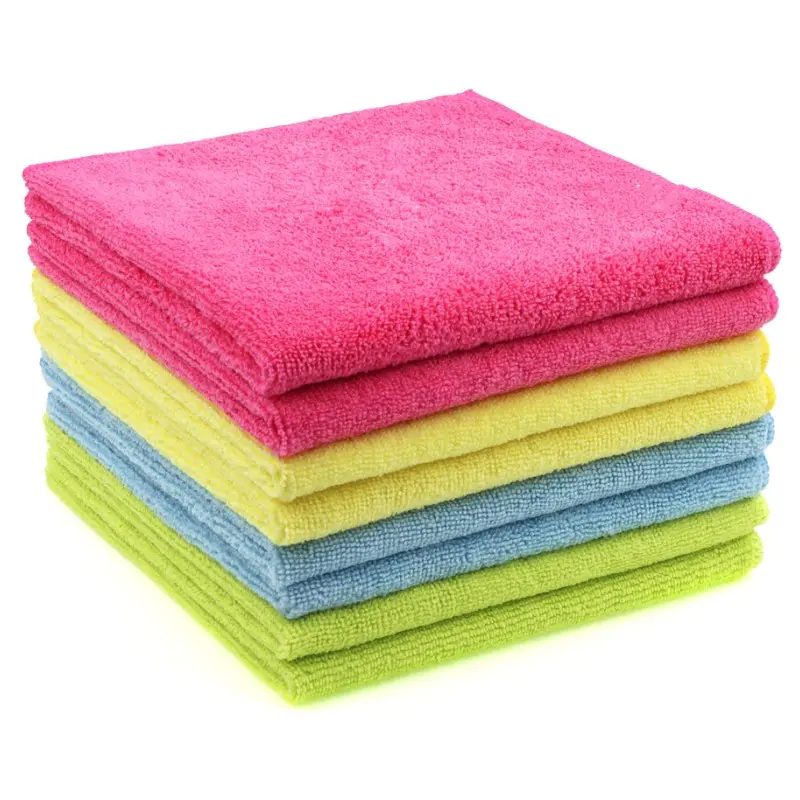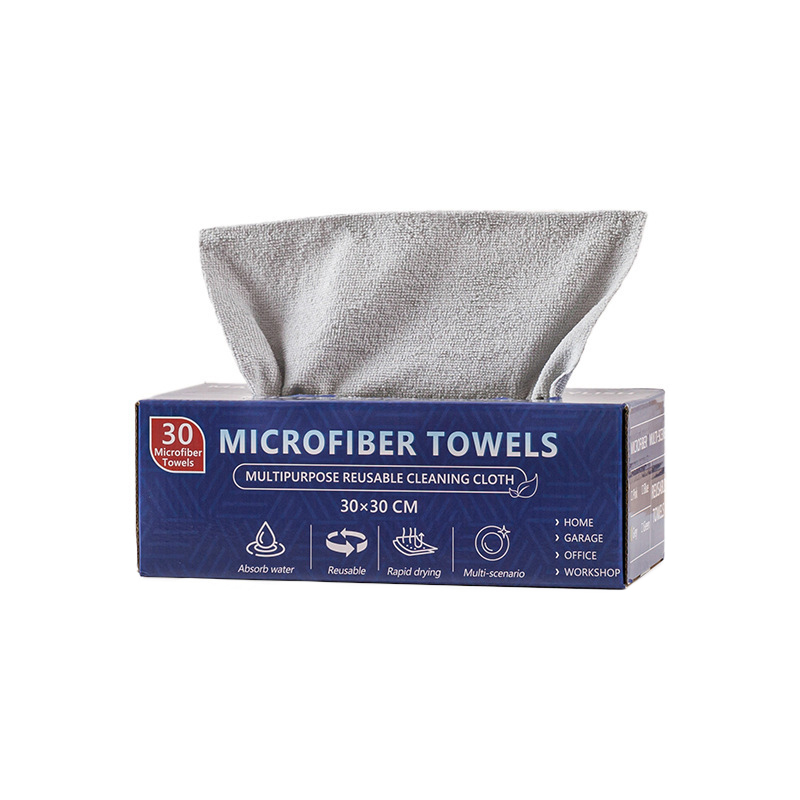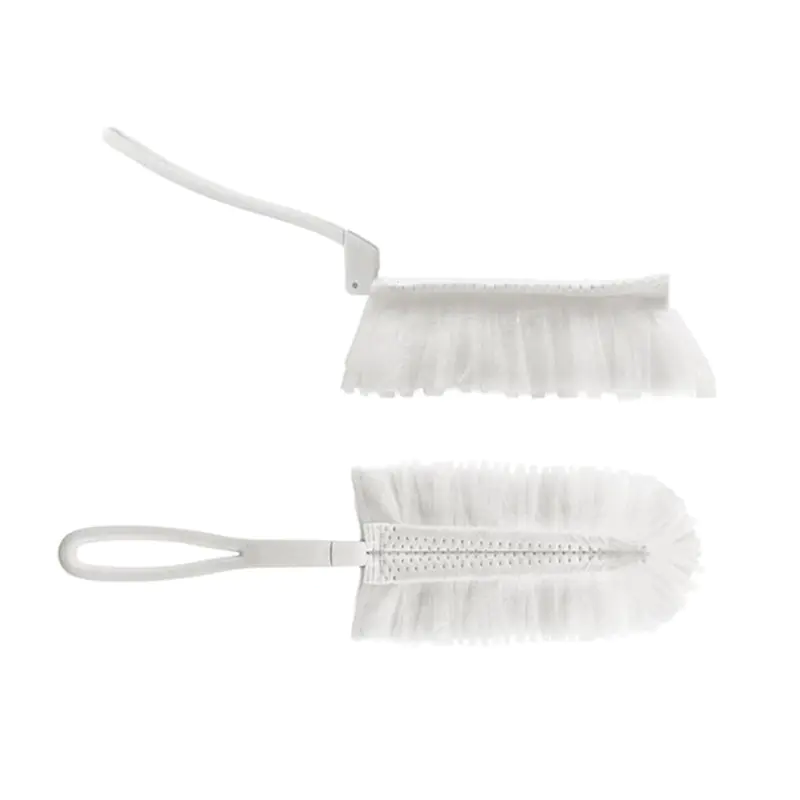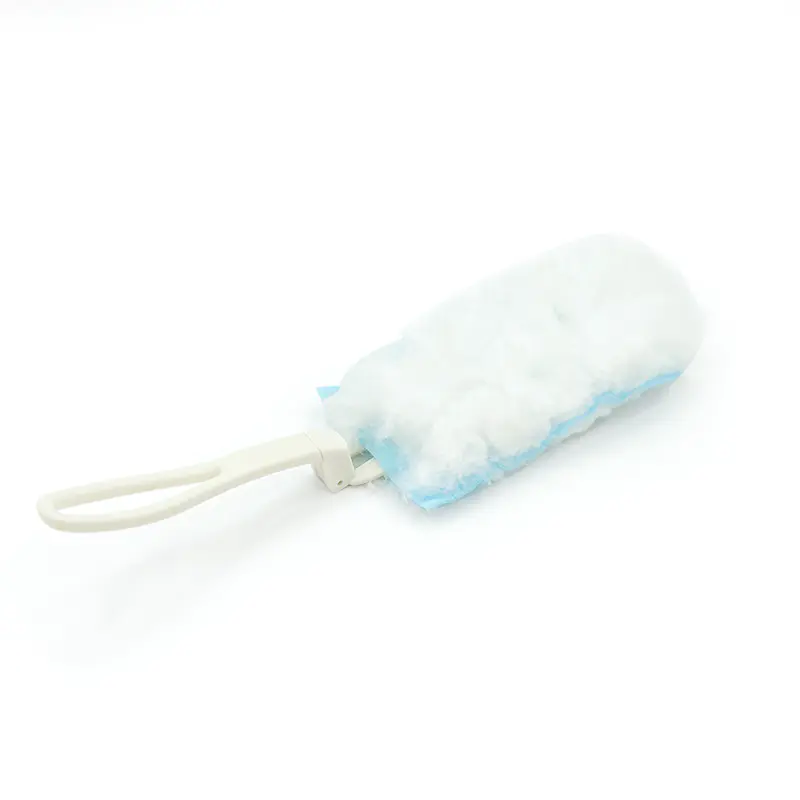Reducing the environmental impact of make up cotton pads can be achieved through several strategies focused on production methods, materials, usage habits, and disposal options. Here are effective ways to minimize their impact:
Choose Organic and Sustainable Cotton Pads:
Organic Cotton Pads: Opt for pads made from organic cotton, which avoids synthetic pesticides and fertilizers. Organic farming practices help reduce soil degradation, water consumption, and chemical pollution.Fair Trade and Eco-Certified Products: Look for products that are certified by organizations such as GOTS (Global Organic Textile Standard) or Fair Trade, ensuring they meet ethical and sustainable standards in farming and manufacturing.
Use Reusable Cotton Pads:Reusable Pads: Switch from disposable cotton pads to reusable ones made from cotton, bamboo, or microfiber. These pads can be washed and reused multiple times, significantly reducing waste and the need for single-use products.Lifespan Considerations: Reusable pads last for months or even years with proper care, minimizing the frequency of disposal and reducing your overall environmental footprint.
Buy Biodegradable Pads:Natural Fibers: If reusable pads aren’t an option, choose biodegradable pads made from 100% natural fibers like organic cotton, bamboo, or hemp. These break down more easily in landfills without leaving behind harmful residues.Compostable Products: Some brands offer compostable cotton pads that can be disposed of in a home composting system, reducing waste sent to landfills.
Minimize Packaging Waste:Eco-Friendly Packaging: Choose make up cotton pads that come in minimal, recyclable, or biodegradable packaging to reduce plastic waste. Avoid pads packed in excessive plastic wrapping.Bulk Buying: Buy cotton pads in bulk to reduce the packaging and transportation footprint per unit.
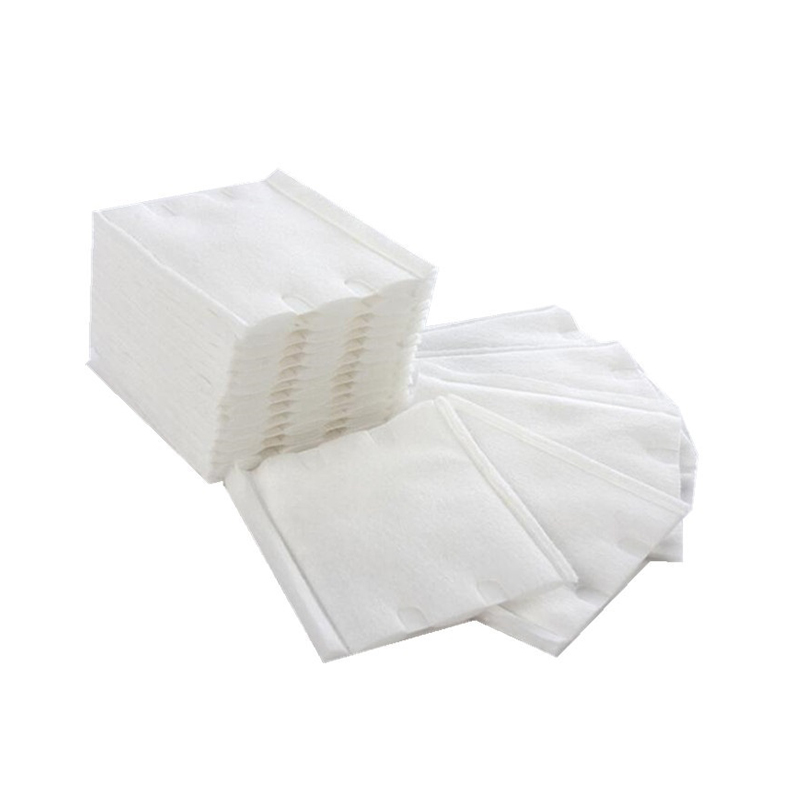
Reduce Usage and Optimize Efficiency:Use Sparingly: Be mindful of how many cotton pads you use daily. Cut down on unnecessary use by opting for multipurpose products or using one side of the pad for make up removal and the other for applying skincare products.Replace with Alternatives: Consider using hands, reusable cloths, or make up removal sponges in place of cotton pads, especially when applying toners or liquid products.
Support Brands with Sustainable Practices:Eco-Conscious Brands: Support companies that prioritize sustainability in their sourcing, manufacturing, and distribution processes. Brands that focus on reducing their carbon footprint, using renewable energy, and adopting sustainable farming practices help reduce the overall environmental impact.
Educate and Encourage Responsible Disposal:Proper Disposal: Dispose of cotton pads responsibly. If composting is not an option, ensure they are sent to landfill with as little contamination as possible (avoid pads with heavy synthetic materials).Avoid Flushing Pads: Never flush cotton pads down the toilet, as they can cause blockages in plumbing systems and contribute to water pollution.
Innovate with New Materials:Explore Alternatives: Encourage the use of innovative materials like bamboo, hemp, or wood pulp for make up pads. These materials often require less water and fewer pesticides to grow compared to cotton.Support Circular Economy Initiatives: Support companies that adopt circular economy models, such as recycling old textiles into new products, reducing resource extraction and waste.
By adopting these strategies, both manufacturers and consumers can significantly reduce the environmental impact of make up cotton pads, promoting more sustainable and eco-friendly practices.

 English
English Español
Español